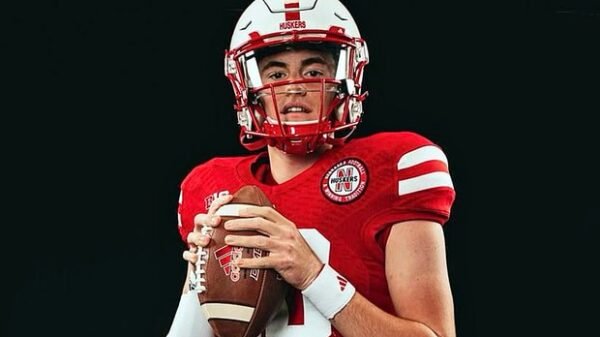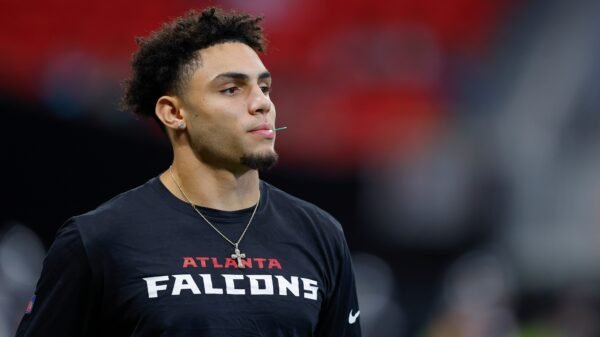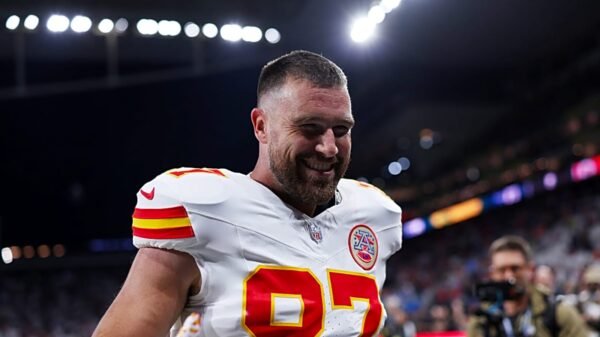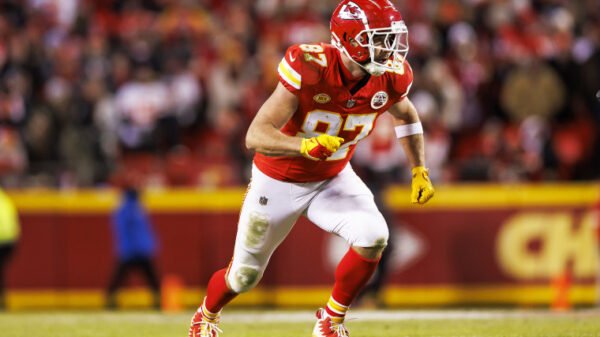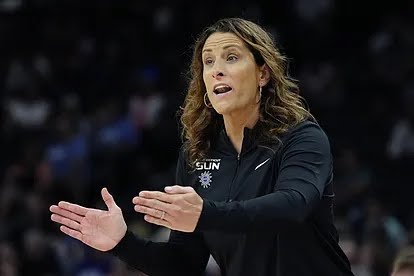Why Did the OKC Thunder Reduce Aaron Wiggins’ Minutes?
The Oklahoma City Thunder have been one of the most intriguing teams in the NBA this season, boasting a young and dynamic roster that continues to evolve. However, one notable trend has raised questions among fans and analysts alike: the reduction in minutes for Aaron Wiggins, a versatile wing player who has been a consistent contributor since being drafted by the Thunder in 2021.
Wiggins, known for his defensive versatility, basketball IQ, and ability to contribute offensively, has seen his playing time dip noticeably over the past few weeks. While he remains a key piece of the Thunder’s roster, the decision to slash his minutes reflects a combination of factors, including team strategy, player development priorities, and lineup experimentation.
A Crowded Rotation
One of the primary reasons behind Wiggins’ reduced minutes is the depth and talent of the Thunder’s roster. With players like Shai Gilgeous-Alexander, Josh Giddey, Jalen Williams, and Luguentz Dort commanding significant roles, the rotation has become increasingly competitive. The emergence of younger talents like rookie Chet Holmgren and Isaiah Joe, who have stepped up in key moments, has also created a logjam in the lineup.
Thunder head coach Mark Daigneault has emphasized the importance of flexibility in his rotations, often tailoring lineups based on matchups. This approach sometimes means certain players, like Wiggins, see their roles fluctuate depending on the opponent and the game plan.
Player Development Focus
The Thunder are in the midst of a long-term rebuilding process, even as they push for playoff contention this season. A significant part of their strategy involves prioritizing the development of younger players with higher ceilings.
Chet Holmgren, for example, is getting substantial minutes as the team looks to integrate the 7-footer into their system following his rookie season. Similarly, Jalen Williams, who has demonstrated tremendous upside as a two-way player, is being groomed as a cornerstone of the Thunder’s future.
This developmental focus does not imply a lack of trust in Wiggins; instead, it highlights the coaching staff’s commitment to building around their core players. Wiggins’ reduced minutes might simply reflect the coaching staff’s effort to allocate playing time strategically while still keeping him engaged.
Wiggins’ Role and Impact
Despite the decline in his minutes, Wiggins remains a valuable asset for Oklahoma City, because of his ability to guard multiple positions, provide energy off the bench, and contribute as a reliable shooter.

